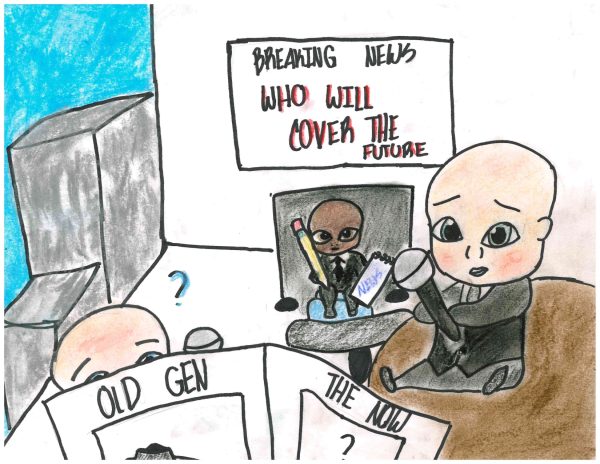Changing Covid-19 provokes changing social norms
In an effort to protect themselves and others, Covid-19 sensitive people have had to shift social comforts to become informed of the medical statuses of people around them. While it may be inappropriate under normal circumstances to ask someone their vaccination status, it has become a requisite for some people’s social interactions.
Shifting social norms, people who feel nervous about getting Covid-19 face the decision around whether they feel comfortable asking someone their vaccination and Covid-19 symptom status before coming in contact with them in order to protect themselves during uncertain times.
As Covid-19 continues to spread through the country in mutant and variant forms, vaccination, masking and the risk of contracting Covid-19 are prevalent conversations in everyone’s lives. From this, spurs change in social protocol when it comes to setting differentiated boundaries with friends and family. The pandemic has added an extra layer of risk to being around groups of people.
While it may have previously been considered impolite to ask someone their vaccination status, it has become something that people have had to weigh against putting their health at risk. This is one of the many difficult social decisions people have had to begin to make in response to the pandemic.
Someone’s vaccination status changes how contagious they are. According to the Center for Disease Control (CDC), “Covid-19 vaccines reduce the risk of people spreading the virus that causes Covid-19.” If someone is sensitive to Covid-19, for example has a compromised immune system, or even is just travelling internationally within the coming weeks, someone else’s vaccination status could potentially have a large impact on their life.
Even for someone who may not be as sensitive to getting Covid-19, there still are potential repercussions to spending extended time with someone who is not vaccinated. If someone in close contact with a person tests positively, the person in contact with them could be restricted from normal activities, such as going into work, seeing older folks, or as a student, playing sports or attending class.
Overall, there are many reasons why someone’s vaccination status can affect someone else’s life. For these reasons, it is important to facilitate the shift of social norms to allow for people to respectfully inquire people’s vaccination status and adjust their interactions with them accordingly.
Allowing for this civil interaction could help people feel more comfortable by knowing the risks they are potentially surrounded by.
The reality is the world is not what it used to be and some of the social norms that fit into that world no longer are functional for the current position public health safety is.
As society shifts around us, it is important to always be ready to adapt. Maintaining an open mind to shift normal public health procedures is more important than ever as COVID-19 mutates and the necessary boundaries around transmission safety change.
Staying civil, respectful and open-minded are things that will help everyone stay safe as well as sane during the rapidly changing times of living through a pandemic.






